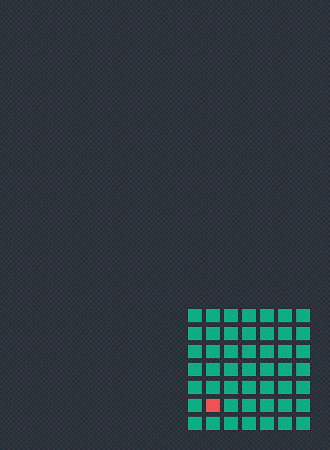Smart contract development
iSmart Contract Development Services

Signoff Agreements, Without The Middleman
Managing contracts by hand can cause confusion, delays, and problems. Approvals take too long, middlemen make it more expensive, and security risks put everything in danger. Mistakes, disagreements, and fraud can disrupt your work and lead to losses. You need a solution that makes agreements happen quickly, safely, and without too many steps.
At Codewave, we build smart contracts that automate transactions, eliminate errors, and enforce compliance. We use Ethereum, Hyperledger, Solana, and Polkadot to build blockchain-based smart contracts that execute terms the moment conditions are met.
You get faster transactions, lower costs, and zero contract disputes—so your business runs smoothly and securely.

50%
Faster transactions
99.9%
Data Integrity
0
Middlemen / Intermediaries
Download The Master Guide For Building Delightful, Sticky Apps In 2025.
Build your app like a PRO. Nail everything from that first lightbulb moment to the first million.
Automate Your Agreements - No Intermediaries, No Hassles.
Traditional contracts create bottlenecks with manual approvals, third-party verifications, and lengthy legal processes. Smart contracts solve this by automating agreements and executing them instantly when predefined conditions, such as payment confirmation or delivery validation, are met.
We develop self-executing smart contracts on Ethereum, Hyperledger, Solana, and Polkadot that handle payments, asset transfers, compliance, and business automation without intermediaries. Solidity and Rust power our contracts, making them secure, efficient, and cost-effective.
For example, imagine a supply chain company with vendors across multiple countries. Without smart contracts, payments to suppliers take days to verify, delaying the supply chain. With a custom smart contract, payment is triggered automatically once the supplier delivers the goods and confirms receipt.
A flaw in a smart contract can cost you millions. Even small vulnerabilities can lead to major financial losses. We use MythX, Slither, and OpenZeppelin to ensure your contracts are secure and flaws-free.
We scan contracts with MythX for known vulnerabilities. Slither helps us analyze code quality and find issues that could affect performance. OpenZeppelin provides secure libraries that we use to strengthen your contracts, ensuring they are resistant to hacks and exploits.
Imagine a DeFi platform using smart contracts to handle transactions. Without proper auditing, a flaw could allow hackers to exploit the system, costing the platform millions. After using MythX and Slither, we identified and fixed vulnerabilities before deployment, saving the platform from a massive financial loss.
Traditional contracts are set in stone and require manual updates when conditions change, creating delays and potential risks. AI-driven smart contracts solve this by automatically adjusting terms based on real-time data, reducing manual work and ensuring contracts stay up-to-date.
We use machine learning tools like TensorFlow and PyTorch, and Natural Language Processing (NLP), to build smart contracts that adapt to market changes, transaction data, and regulatory shifts. This automation ensures accuracy, efficiency and keeps contracts aligned with the latest information.
For example, in supply chains, an AI smart contract can adjust payment terms automatically when raw material prices change. This protects both parties from market fluctuations and reduces the need for manual adjustments, keeping everything in sync.
We design custom AI models that integrate seamlessly with smart contracts, providing context-aware automation, predictive analytics, and real-time decision-making.
We use TensorFlow, PyTorch, and Hugging Face to AI models that improve fraud detection, optimize pricing, and automate contract approvals directly within the smart contract.
Imagine a banking system where AI detects suspicious transactions in real-time. The smart contract automatically flags these transactions, preventing fraud while ensuring legitimate activities go unimpeded, securing your assets without delays.
Smart contracts on a single blockchain limit flexibility and block interoperability. Cross-chain smart contracts let blockchains communicate, transfer assets, and share data without manual steps.
We use Chainlink Oracles to build cross-chain smart contracts integrating Ethereum, Polkadot, and Solana, enabling businesses to operate efficiently across multiple blockchain ecosystems.
For instance, a global payment system can process transactions in Ethereum while settling funds in Solana, reducing conversion fees and speeding up transfers.
Build DAO smart contracts that enable transparent, automated governance without intermediaries. DAOs rely on smart contracts to automate voting, decision-making, and fund management. We use Solidity to design contracts that support transparent governance and secure fund allocation.
We use Rust to create smart contracts for DAOs that ensure smooth operations by automating decision-making processes, reducing administrative overhead, and promoting community participation.
Imagine a crowdfunded investment DAO where members vote on startups to fund. The smart contract collects votes, verifies majority approval, and releases funds automatically, ensuring fair and tamper-proof decision-making.
Staking in DeFi should be secure, automated, and transparent. Poorly designed contracts can lead to fund mismanagement, delayed payouts, or security risks, reducing user trust.
Staking in DeFi should be secure, automated, and transparent. Poorly designed contracts can lead to fund mismanagement, delayed payouts, or security risks, reducing user trust.
We develop staking smart contracts that automatically distribute rewards, ensure fund security, and support flexible staking periods. We use Solidity to create secure staking pools with real-time reward calculations, automatic payouts, and penalty mechanisms for early withdrawals.
Imagine a DeFi platform where users stake tokens to earn rewards. The smart contract tracks staking duration, calculates rewards instantly, and distributes payouts without delays, ensuring a seamless and secure staking experience.
Yield farming platforms struggle with high gas fees, inefficient reward distribution, and security vulnerabilities. Poorly optimized contracts can lead to unfair APY calculations, liquidity drain risks, and farming inefficiencies.
We use Hardhat and Foundry to develop gas-efficient yield farming contracts with automated reward calculations and secure liquidity pooling. Chainlink oracles ensure real-time price updates, preventing exploits, while OpenZeppelin libraries add security against flash loan attacks.
Imagine a yield farming platform where users stake LP tokens. Without optimized contracts, early stakers drain rewards unfairly. A secure contract balances payouts and ensures fair APY for all users.
Crypto wallets must be secure, user-friendly, and resistant to hacks. Weak smart contracts can lead to unauthorized access, lost funds, or high transaction costs.
We use Gnosis Safe to develop multi-signature and non-custodial wallet contracts, ensuring secure transaction approvals and fund protection. OpenZeppelin libraries add role-based access control, while EIP-4337 smart accounts enable gas-efficient transactions and automated approvals for seamless wallet management.
Imagine a business wallet that requires multi-signature approval for large transactions. The smart contract blocks unauthorized transfers, ensuring only verified team members can approve and execute payments securely.
Industry-Specific Smart Contract Applications
| Industry | Use Case |
| Education | Automating credential verification, student admissions, and course certifications using smart contracts for transparency and efficiency. |
| Energy | Manage energy transactions, renewable energy credits, and grid management with automated smart contracts to improve efficiency and security. |
| Healthcare | Automate patient records, claims processing, and medical billing while ensuring data privacy and compliance with smart contracts. |
| Fintech | Automate peer-to-peer lending, insurance claims, and financial transactions to reduce fraud and speed up processes. |
| Insurance | Simplify policy issuance, claims processing, and underwriting with smart contracts to improve accuracy and reduce operational costs. |
| Transportation | Automate ticketing, fleet management, and payment processing for logistics and transport services, ensuring real-time updates and efficiency. |
Our Smart Contract Development Process
Discovery & Requirements
We begin by understanding your business needs, objectives, and pain points. Through design thinking workshops, we define problem statements, gather requirements and define the scope of the smart contract solution. This ensures we align the contract with your goals.
Design & Architecture
Our team designs the smart contract structure based on the gathered requirements. We choose the appropriate blockchain, define the contract logic, and create an architectural blueprint to ensure the solution is both secure and scalable.
Development & Testing
In this phase, we start coding the smart contract using Solidity, Rust, or other relevant technologies. We implement unit tests and run rigorous security audits using tools like MythX and Slither to identify vulnerabilities early and ensure a secure, high-performance solution.
Deployment & Integration
Once the contract is tested and refined, we deploy it to the mainnet or relevant blockchain network. We integrate it with your existing systems to ensure smooth data flow, asset management, and transaction execution.
Maintenance & Support
We offer continuous maintenance and support to ensure your smart contract remains updated, secure, and optimized. Our team monitors the contract for issues, performs updates, and provides ongoing technical support as your business evolves.
Blockchain isn’t just technology - it’s a trust engine for businesses.
The Tools We Use for Smart Contract Excellence
| Technology | Purpose | Use in Smart Contracts |
| Solidity | Smart contract programming language for Ethereum. | Building secure, scalable smart contracts for decentralized apps (DApps). |
| Rust | Programming language for Polkadot and Solana blockchains. | Developing fast, secure smart contracts and decentralized applications. |
| Chainlink Oracles | Provides real-world data to blockchain applications. | Ensures smart contracts can make decisions based on real-time data. |
| MythX | Security analysis tool for smart contracts. | Detecting vulnerabilities in smart contracts to ensure security. |
| Slither | Static analysis tool for Solidity. | Scanning Solidity code for potential bugs and inefficiencies. |
| OpenZeppelin | Framework for secure smart contract libraries. | Provides pre-built, audited smart contract components for security. |
| IPFS | Decentralized file storage system. | Storing contract data, documents, and assets in a decentralized way. |
| Truffle Suite | Smart contract development framework. | Developing, testing, and deploying smart contracts with ease. |
| Ganache | Personal blockchain for Ethereum development. | Running a local blockchain to test smart contracts before deployment. |
| Web3.js | JavaScript library for interacting with the Ethereum blockchain. | Connecting decentralized applications with smart contracts. |
What to expect working with us.
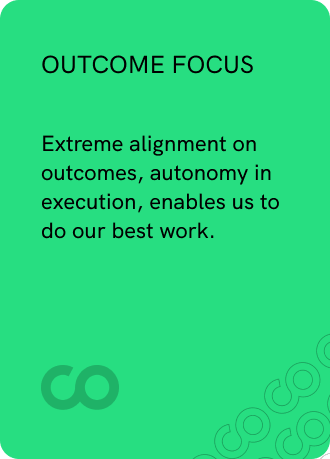

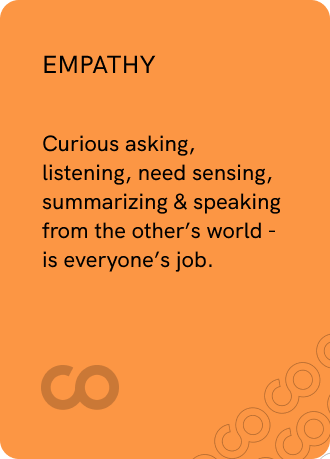
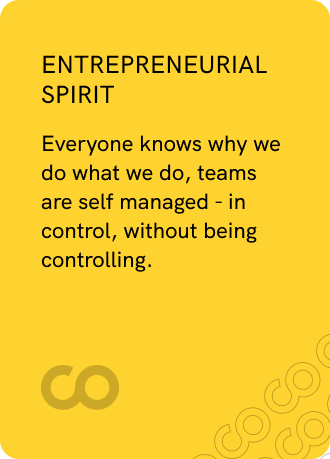
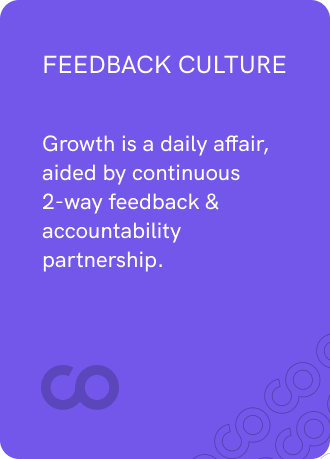
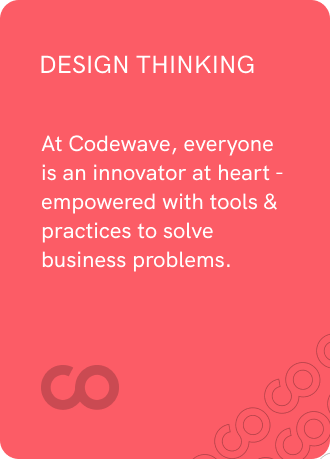
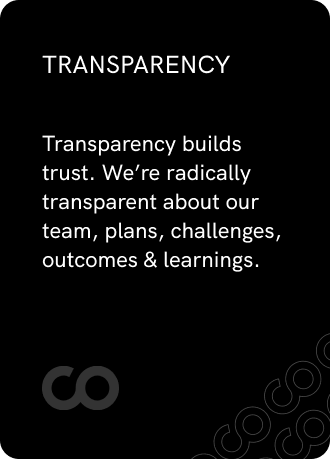
We transform companies!
Codewave is an award-winning company that transforms businesses by generating ideas, building products, and accelerating growth.
Frequently asked questions
Smart contracts are self-executing agreements with the terms directly written into code. They can automate processes, reduce intermediaries, increase transparency, and enhance security for various business operations. Benefits include cost savings, increased efficiency, reduced errors, and improved trust between parties.
We apply a design thinking methodology to smart contract development, focusing first on understanding your business needs and objectives. Our approach emphasizes creating innovative, user-centric solutions that deliver real business value, not just technical implementations.
We have experience developing smart contracts for a wide range of industries, including finance, supply chain, healthcare, real estate, insurance, and government. Our global expertise allows us to tailor solutions to specific industry requirements and regulations.
The timeline can vary depending on the complexity of the project. A simple smart contract might take 2-4 weeks, while more complex systems could take several months. During our initial consultation, we’ll provide a more accurate estimate based on your specific requirements.
Security is paramount in our development process. We follow best practices for secure coding, conduct thorough testing, and perform multiple rounds of audits. We also offer ongoing monitoring and maintenance to address any potential vulnerabilities that may arise.
Yes, we specialize in seamlessly integrating smart contracts with existing business systems and processes. Our full-stack capabilities allow us to create comprehensive solutions that work harmoniously with your current infrastructure.
We have expertise in developing smart contracts for multiple platforms, including Ethereum, Hyperledger Fabric, Binance Smart Chain, and others. We’ll recommend the best platform based on your specific needs and use case.
Costs can vary widely depending on the complexity of the project, the chosen blockchain platform, and the level of customization required. We offer flexible engagement models, including fixed-price projects and time-and-materials contracts. Contact us for a personalized quote based on your requirements.
Most in demand
Comprehensive Software Consulting Services

IT Architecture Services for Enterprises

Cloud Software Solutions

Automated Invoice Processing Cloud Service Solutions

Comprehensive Backend Development Services and Solutions

LMS Development Services for Modern Learning Needs

Database Migration Service for Enterprises

AI OCR Solutions for Accurate Document Processing

Enterprise Blockchain Development Services

Cross-Platform Mobile App Development Services

Custom Enterprise Application Development Services

Custom E-Commerce Solutions for Enterprises

Travel Technology Solutions and Services Management

Global Design and Innovation Consulting Services

LLM in Corporate Compliance and Risk Management

Services in Software Development

Travel Technology Solutions and Services

Generative AI Consulting and Strategy for Business Innovation

Application Operations and Management Services

Secure, Reliable Cloud Application Modernization Services

Global Design and Innovation Consulting Services

Enterprise Cloud Consulting & Implementation Services Solutions

Ecommerce Web Design & Development Services

Trusted, Unified Xamarin App Development Services You Need

Custom EHR/EMR Integration Services for Connected Healthcare

Cyber Security Consulting Services for Scalable Resilience

AI and Data Analytics Services Solutions

Enterprise App Development Services

Business Intelligence and Data Analytics Solutions

Convert Your Website into a Mobile App for Android and iOS

Managed Healthcare IT Services and Solutions

Custom .NET Software Development Services & Solutions

Website Design and SEO for Medical Practices and Doctors

Big Data Analytics Solutions & Services

IOT Product Development Services for Faster Decision Making

Cloud-Based E-commerce Solutions and Platforms

Custom Financial Software Development Solutions

Enterprise Automation Solutions and Services

Power Up Digital Change with Strategic Design Thinking Workshops

Design Thinking-Driven Strategic Digital Transformation Blueprint

Generative AI Development Platform
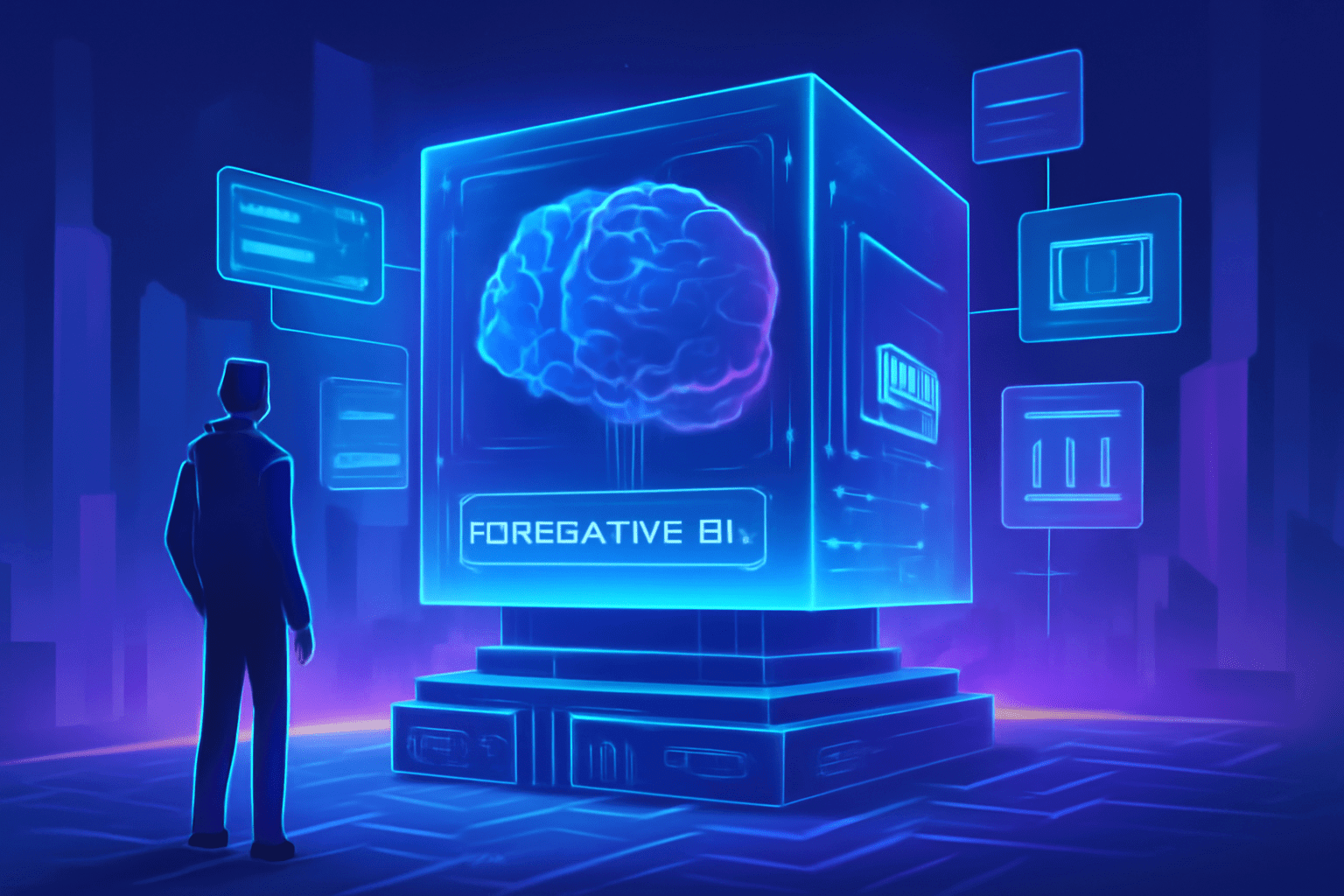
Information Technology Strategy and Consulting Services

Product Design and Development Services

Custom Responsive Web Design Services

Magento eCommerce Development and Design Services

Transportation and Logistics IT Services and Solutions

Decision Intelligence Strategy

Automation for Operational Efficiency

Digital Talent Transformation

Integrated CX And UX Design For Delight

Digital Transformation ROI Measurement

Digital Core Modernization

Cloud Migration Services

AI Accounting Software

Software Product Development Services

Decentralized Finance (DeFi) Development Solutions and Services

Startup Software Development Services

Django Development Company for Scalable Web Solutions

HIPAA Compliance and Advisory Services Solutions

Drupal Development Services

Business Analytics Services

Telemedicine Software Development Services

Support and Maintenance Services for Mobile and Web Applications

Cryptocurrency Development Services and Solutions

AI Testing Services / AI-Powered Testing Services

IT Infrastructure Services

ASP.Net Software Development Services

Retail IT Solutions and Services

Managed Application Services

Data Warehouse Services

Data Science Consulting

Agentic AI Product Design And Development Services

Healthcare Mobile App Development Services

CRM Consulting and Implementation Services

Custom Database Development Services and Solutions

Transportation and Logistics Software Development Solutions

Secure Payment Gateway Integration Solutions

Data Management Services

Java Software Development Services

PHP Development Services

Fast, Scalable, Secure Node.js App Development

Power BI Consulting Services

IT Project Management Services

NFT Token Development Services

DevOps Consulting and Services

Web Data Mining Services

Front-End Development Services

Managed Services for E-commerce Success

Website Redesign Services for Strengthening Your Web Presence

Custom SaaS Development Services

Custom CMS Web Development Services

NFT Marketplace Development Services

Smart Contract Development Services

Oil and gas IT services

AI Audit for Startup Companies | Best Website Audits

PrivateGPT Development Services

Swift iOS App Development Services

Web3 Development Services Company

AI-Native Product Design and Development Services

Personalized Learning with AI for Education

Microsoft Dynamics 365 Customer Service with AI

Energy Management Software Solutions Platform

Human Machine Interface Software Development Service

Education Software Development Services

Retail Software Development Services and Solutions

DEX – Digital Employee Experience Software Services

Decentralized Exchange Development (DEX) Company

Offshore Software Testing Services

Backend Development Services and Solutions

Travel and Hospitality Software Development Services

Fintech Software Development Services

Data Visualization Consulting Services

Digital Solutions For Agriculture and Software Services

Payment Gateway and Software Development Services

B2B Travel Software and Booking

MEAN Stack Development Services

24/7 Managed NOC Services

Database Migration Service

Design-Led AI Consulting for SMEs and Startups

AI Solutions Development Services

P&C Insurance Software Solutions

MLOps Consulting Services

Generative AI Services and Solutions

Conversational AI Platform Development

AI and Analytics for Retail Solutions

Artificial Intelligence Video Chatbot Services

Digital-First Banking IT Services

Golang Development Services

MVP Development Services

eLearning Software Development

Agile Software Development Services

Data Warehouse Consulting and Management Services

IT Services Management Consultancy Services

Learning Management System Consulting Services

iOS App Development Services Company

Ecommerce Services

Marketing Automation and CRM Solutions

Industrial IoT Solutions and Services

Healthcare Data Analytics Solutions

Cryptocurrency Wallet Development

Digital Strategy Consulting Services

B2B Portal Development

Embedded Technology Innovation

Process Automation

XR Application Development

Artificial Intelligence and Machine Learning Consulting Services

Cloud Infrastructure

Blockchain Implementation

Flutter App Development

Angular Development

Mobile Application Testing Tools and Services

Penetration & Vulnerability Testing

QA Testing Services

Reactjs Development

Team Augmentation

Automation Testing

Web App / Portal Development

Python Development

IT Consulting

Custom Software Development

Branding

ReactNative App Development

Web and Mobile App UX – UI Design Services

UX & UI Design

Android App Development

Mobile App Development

Idea to Product

IoT Development

Data Analytics Development

GenAI Development

AI/ML Development

Design thinking

Process Automation

Digital Transformation

Customer Experience Design

Tired of slow, costly contract processes?
Let Codewave automate your agreements with secure, smart contracts.





























































